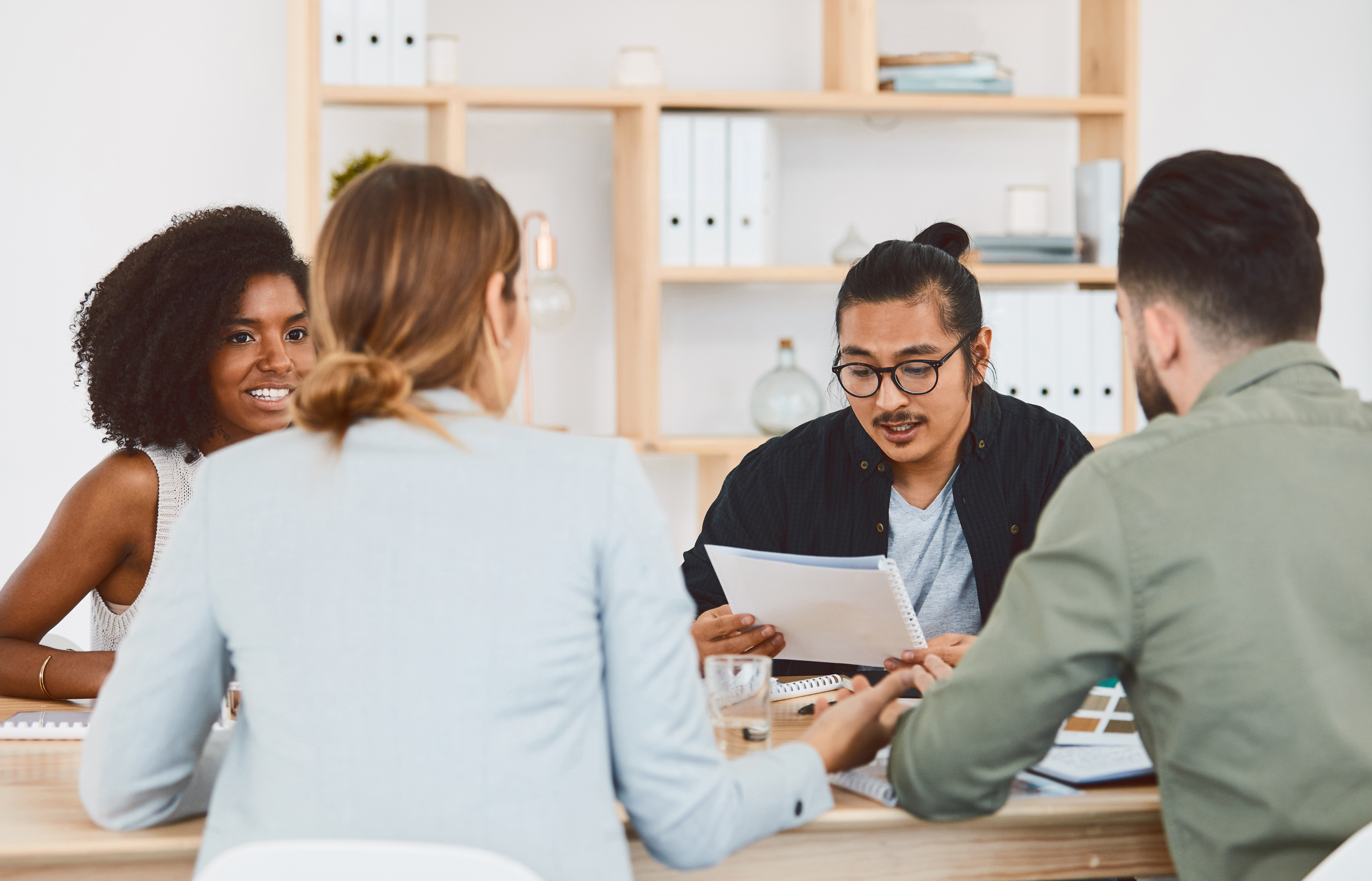BrainHealth Week (Feb. 20-24) Celebrates Brain’s Ability to Get Stronger
Free activities feature Daily Text Challenge and in-person events.Center for BrainHealth® is taking a bold new step to empower people of all ages to learn daily habits that are healthy for the brain and can change the trajectory of their lives, by announcing the inaugural BrainHealth Week, to take place February 20-24, 2023. This will be a five-day, free interactive experience filled with expert speakers, engaging activities, access to brain health insights, and support for brain-healthy habits that can become part of a daily routine. "Decades of research demonstrate that intelligence, memory, cognitive function and even mental health can be impacted by how we use our brains each day – during BrainHealth Week, we will be showing people how transformative it can be and how easy it is to get proactive,” said Sandra Bond Chapman, PhD, chief director of Center for BrainHealth and professor at The University of Texas at Dallas.Five days of FREE brain-healthy activities and insightsProgramming is free and will feature three kinds of daily engagement opportunities all week: - A Daily Text Challenge (text BRAIN to 888-844-8991) - On-site and live-streamed events - Curiosity-building content and activities that can be accessed onlineEach day will focus on a brain-healthy theme and will feature at least one public activity (with prior registration):- Growth mindset (Monday) – Enjoy a Family Fun Fair at the center, with engaging activities for kids of all ages in collaboration with multiple community partners. The day will also feature a special appearance by Steven Lee from NASA’s Jet Propulsion Lab, a sneak peek of a new children’s mindfulness podcast from KERA, and an interactive moment to practice mindfulness with a sound immersion experience from a member of the Dallas Symphony Orchestra Youth Musicians.
- Clarity and culture (Tuesday) – Attend a virtual conversation between Dr. Kara Allen, chief impact officer at Spurs Sports & Entertainment; Katie Edwards, chief impact officer of the Dallas Mavericks; and Dr. Michael Sorrell, president of Paul Quinn College.
- Meaningful connections (Wednesday) – Join rising leaders from Dallas in a special happy hour at the center; experience the impact that art and connection (to people and purpose) can have on the brain; and hear from special guests Steven and William Ladd – brothers and creators of the Scrollathon® community art initiative.
- Emotional balance (Thursday) – Learn from Dr. Tom Insel, former director of the National Institute of Mental Health, who will share his insights about a better way forward from his book Healing: Our Path from Mental Illness to Mental Health.
- Impact (Friday) – Practice your possibility thinking by imagining the far-reaching impact of better brain health across all sectors of our community. Tune in to a live-streamed panel conversation about the community impact of better brain health, featuring leaders from Baylor Community Care Clinics, Big Thought Institute, Community Does It, D Magazine Partners and the Meadows Mental Health Policy Institute.
“”





